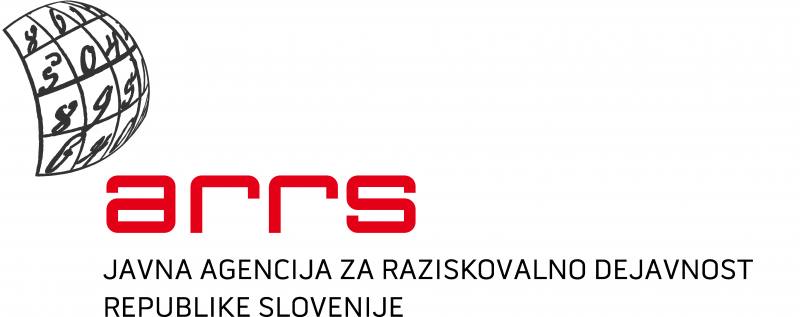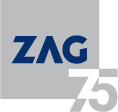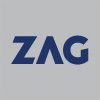
To effectively overcome the above problems, important issues have to be fulfilled, e.g. appropriate basic materials and design of mass concrete mixture, optimal building technology, accurate pre-calculation of the development of temperature field inside mass concrete element using real, actual characteristics of input materials, etc. To achieve the above requirements, the use of modern technology of design and placing of mass concrete mixtures is of paramount importance, together with the use of mineral and chemical admixtures in the composition of the material and correct and accurate experimental determination of the characteristics of basic materials. In addition to the basic mechanical
properties (compressive and bending strength, elastic moduli, etc.), other characteristics have to be evaluated in the case of MCS, namely liberation of hydration heat, thermal conductivity, specific heat, coefficient of linear expansion, shrinkage and creep, concrete porosity, self-healing capability, etc.
The above issues associated with designing and building MCS present the main motivation and introducing an appropriate technology with key measures a basic goal of the proposed project. In order to fulfil these issues, a maximum aggregate size in the composition of the material has to be reduced from generally used )63 mm to the site of 16-32 mm, which will affect overall quality of the material significantly and presents the beginning of a new, modern era of mass production of mass concrete mixtures with reduced aggregate size.
To achieve these objectives, the project will be at its first stage divided into experimental and numerical part. However, it will be further divided into seven work packages. After initial part, three parts of experimental work will follow, dealing with characterization of input materials, design of concrete mixtures, and determination of properties of fresh and hardened materials using new advanced nondestructive techniques. A wide spectra of basic materials and their combinations will be studied, resulting into a comprehensive database of concrete mixtures. On the basis of the experiments and numerical model performed by the member of the project’s research group used to calculate adiabatic hydration curve of an arbitrary concrete mixture, optimal concrete mixtures will be chosen and further analysed to determine all their properties used to achieve a required quality and durability of MCS.
Based on the real, actual values of the initial material parameters experimentally determined using advanced testing techniques, a complex numerical model for calculation of temperature field within MCS will be prepared, allowing determination of adiabatic hydration curve, calculation of fully coupled problem of water, moist air, and heat transfer and consequently prediction of shrinkage of the material. Moreover, the model will allow calculation of successive construction, i.e. determining optimal size of concrete segments as well as optimal time between constructing each segment . The above characteristics present important advantages over existing numerical models. With the objective to reduce environmental pollution, aggregate consisting of blast furnace slag will be used and detailed LCA analysis performed for all the developed mixtures
The project’s research group consists of researchers from various Slovenian research organizations with long-time experiences and adequate references in the fields of laboratory, in-situ, and numerical investigations of concrete materials which possess high quality experimental equipment. This clearly indicates importance of the subject and guarantees quality and well timed project performance.

